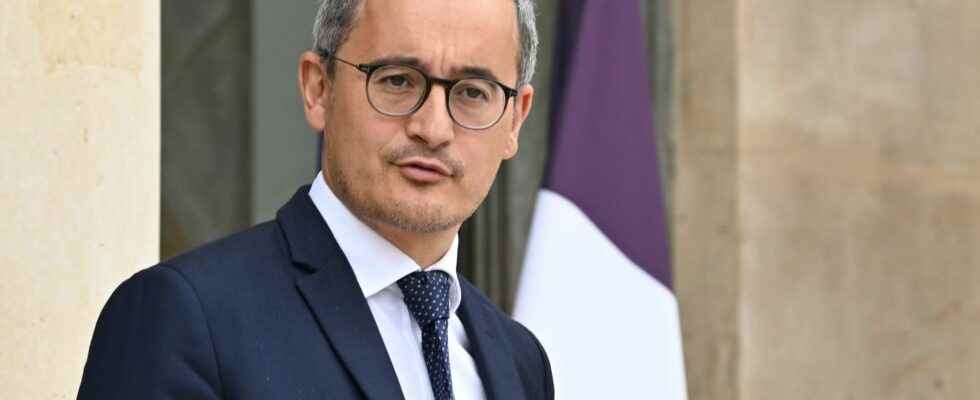In France, there is a strange tradition which consists of summing up migration policy in an acronym. For a long time, the AME (state medical aid) was at the heart of the debates. Many on the right and on the far right saw in this device, reserved for foreigners in an irregular situation, the irrefutable proof of the inaction of the public authorities. From now on, it is the OQTFs (obligation to leave French territory) which seem to be the only barometers of the (in)efficiency of the migration policy.
Gérald Darmanin himself made it a key element of his speech. First, by promising to apply them with the greatest severity for radical or delinquent profiles. Then, recently, by ordering the prefects to execute all OQTFs without distinction. A new hardening fueled by the murder of Lola, by the incessant reproaches of the opposition on the low rate of execution of the removal measures, by the programming of the debate on immigration in the Assembly this December 6, by the review of the bill in early 2023.
But, as for the AME in its time, the crystallization of the discussions on the only OQTF masks the absence of reflection – and pedagogy – around the migration policy. What does the government – and society – want in terms of welcoming foreigners, granting residence permits or integration? Once the goals are set, how do you achieve them? At no time are these questions posed calmly. The executive gives the feeling of being permanently subjected to – European rules, international treaties, judges, associations… Its opponents denounce its impotence. Which leads him to new waltzes-hesitations. One day, it seems to want to favor the economic immigration of the highly qualified, the next, that of less qualified but highly sought after by employers. Before, the day after, to backtrack in the face of accusations of massive regularization.
The Macron government is not the prerogative of the absence of vision, its predecessors have, in the same way, oscillated between martial declarations, small controversies and laws caught in the nets of political politics. But he has an additional responsibility. In a society that is becoming more and more tense, it is becoming urgent to reflect on these questions in depth and to provide comprehensive answers. The acronym OQTF alone cannot sum up a migration policy.
